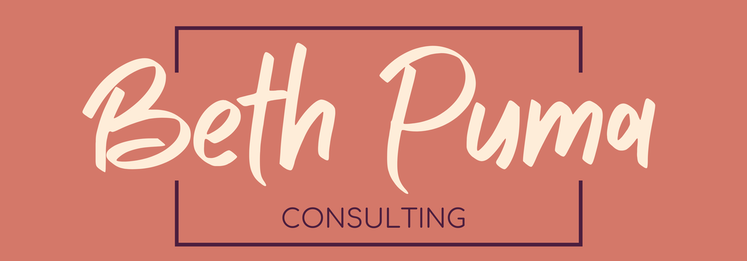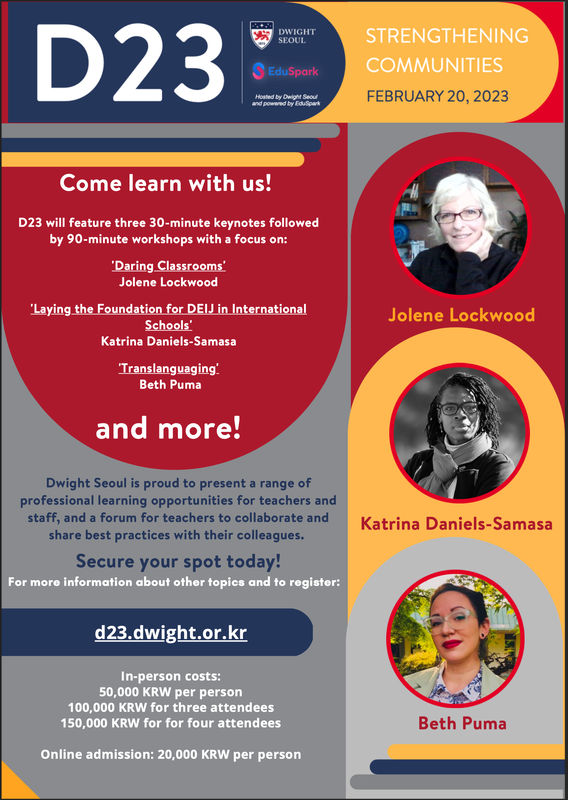|
Can I tell you something, that I am not particularly proud of?  Photo by Steve Johnson on Unsplash Photo by Steve Johnson on Unsplash I used to really not love math. I was no good at it. No really. Now as an adult, I know I am not supposed to say that, because it reinforces misconceptions and mindsets, that reinforces certain teaching methods, that reinforces mindsets and so on and so on. But as a child who went to school in the 90s, I can honestly trace my first panic attacks to a subtraction lesson, a fraction test, and later a timed multiplication test. (Also, I know I am dating myself here: is going to school in the 90s make me old or young? I'm not sure.) When I first started my career as an elementary school teacher, I mostly just turned a page of a workbook to keep up with my school's pacing calendar. I knew I was supposed to have students use manipulatives a lot, but I didn't really know how to do so in an impactful way. When I became a middle school humanities teacher, I was off the hook for a while. Until one year, through some unknown celestial event of higher enrollment and decreased staffing I had to teach a section of Grade 6 mathematics. I knew a little more by then about teaching and project based learning, but I still was very dependent on the adopted textbook. Oddly enough, after the first quarter benchmark testing (yes, it was one of those situations) my sixth grade math students had demonstrated the highest growth of any of their peers in our very large urban district. District officials came in to observe and ask me questions. Meanwhile, I was terrified that they would find out that I didn't actually know what I was doing or even deeply understand math the way I was supposed to. In retrospect, I do believe that my students' growth was due to my robust conferring practices, differentiated strategy group lessons, and mindset work that I had transferred from my Humanities workshop and elementary days. However, as sixth grade math went on- my own conceptual understandings certainly hit a wall. Knowing how to solve an algorithm only gets you so far. I was relieved when the year was over. When I moved overseas, post graduate degree, I started specializing as an English as an Additional Language teacher. At my school, an immersion school for multilingual students with an American high school curriculum, co-teaching was the expectation. This school had deeply invested in content and language integrated learning. Students were learning the English language alongside grade level expectations across the subjects. The stakes felt high. Many of our students were emergent bilinguals in 9th grade, with a curriculum gearing them for AP classes. I was the EAL specialist for the English, Social Studies, and Art Departments. Again, I was off the hook for a while, besides an occasional collaboration with a math teacher. At this point I had a fairly large toolbox for teaching vocabulary, but the upper level concepts of math that my co-teachers tried to explain to me gave me the sweats. As a co-planner my go to line was "I'm excited you love your content. I want to understand the gist, but what does a successful answer sound like? That will help me target the language our students need." At my next school. I was the EAL teacher in Grades 1-5, with 9 different co-teachers. Here I was, back in elementary school. It is through some of those co-teaching partnerships that I began to fall in love with math. For that I am grateful! I'll share more in my upcoming Part 2. Lots of strategies forthcoming!
0 Comments
Thrilled to be one of the keynotes at the Dwight Seoul School's D23 conference on strengthening communities on February 20th, 2023. My session will center on disrupting the harm of English Only policies through facilitating dynamic multilingual ecologies with translanguaging mindsets & pedagogies. More information can be found here.
|
Beth PumaI am an MLL specialist, coach, and educational consultant that is dedicated to building a more transformative educational landscape that honors linguistic diversity and challenges societal paradigms. Archives
July 2024
Categories
All
|

